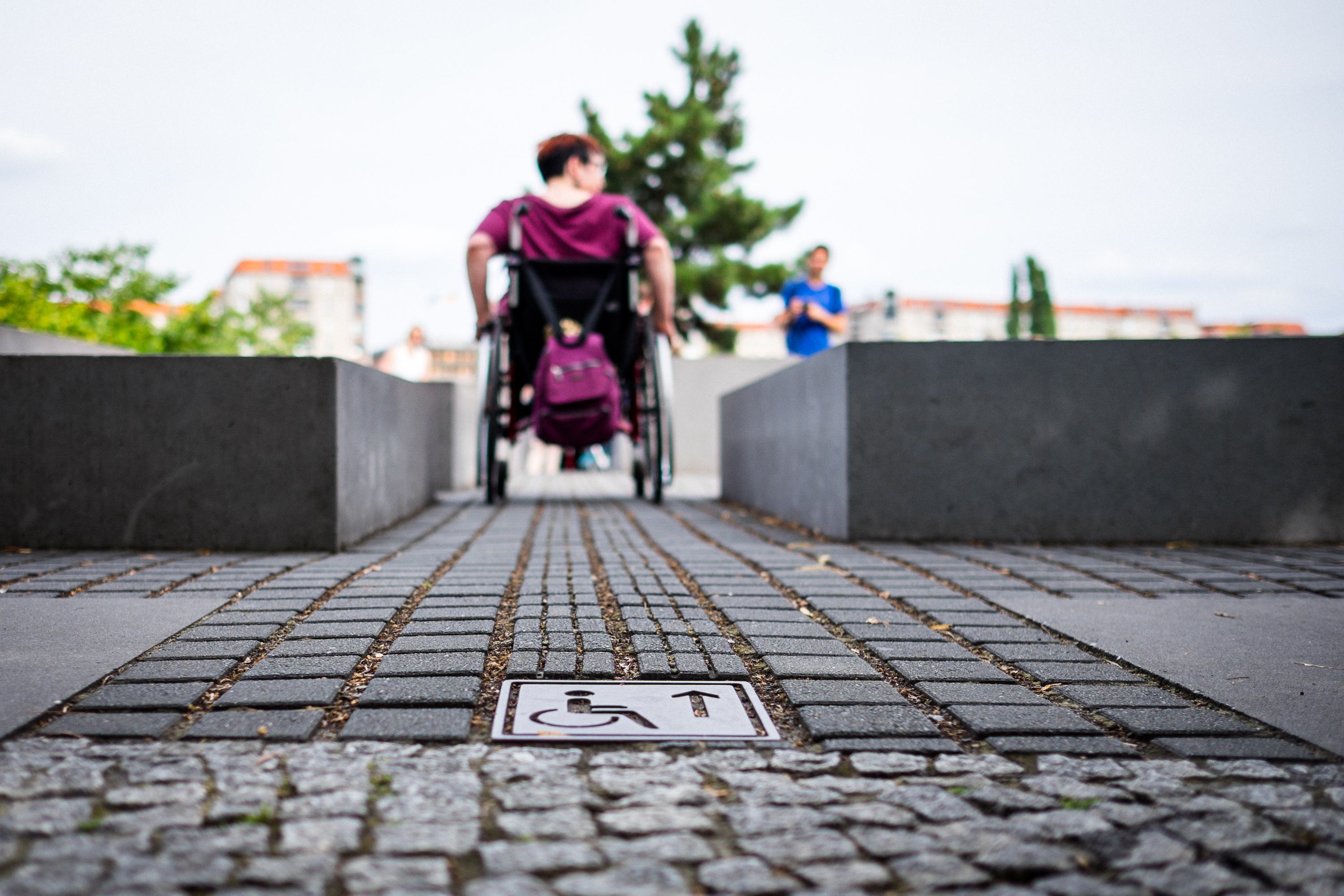Media Release
From: Motu Economic and Public Policy Research TrustNew research using four large-scale surveys of New Zealanders shows those in social housing and people with disabilities appear to be particularly disadvantaged with respect to internet access.
Just 69 percent of those living in Housing NZ (or local equivalent) social housing report having access to the internet, compared with 91 percent reporting access across all respondents in 2017.
In 2018, 17 percent of people with disabilities indicated having no internet access compared to the full sample where just 5 percent had no internet access.
“It is quite possible that these large gaps in internet access for those who live in social housing and for people with disabilities could be addressed by changes in policy,” said Arthur Grimes, Senior Fellow at Motu Economic and Public Policy Research and lead author of the research.
Most social housing is owned by the state, local authorities or non-governmental agencies such as charities. In addition, many people with disabilities are already subject to some form of care by state agencies or NGOs.
“A social housing provider or care provider could take the initiative to install WiFi to enable internet access by tenants. I believe provision of such infrastructure may be considered of similar importance to the availability of water, sewerage and electricity,” said Dr Grimes.
Other groups with low rates of internet access include: Pasifika, Māori, people living in larger country towns, people aged over 75 years, unemployed people and those not actively seeking work.
The study also found that people with disabilities are at greater risk than others from an internet violation (i.e. a virus infection or other internet interference).
“Other groups at risk of internet violations include individuals who are not actively seeking work, unemployed, Māori, Pasifika, younger people, and those who are studying,” said Dr Grimes.
The study also investigated the association between various wellbeing indicators and internet use.
“We found that adults without internet access are less engaged in civic activities such as voting in general elections and making submissions to government,” said Dr Grimes. “When it comes to adolescents, the data indicate that those without internet access tend to have lower subjective wellbeing than those with access. This may reflect family circumstances.”
Fifteen percent of 15-year olds (including 27 percent of Māori students) report using the internet for more than 6 hours per day on a weekday outside of school, while over half report more than two hours’ use.
“As internet use on weekdays outside of school increases, students’ subjective wellbeing declines. In fact, once adolescents’ daily internet use exceeds about two hours, we find no positive association between internet use and wellbeing,” said Dr Grimes.
A copy of the research, “Digital inclusion and wellbeing in New Zealand” by Arthur Grimes and Dominic White and funded by the Department of Internal Affairs is available on the Motu website.
Summary haiku:
Internet access:
A good thing but fades like snow
And some groups miss out.


